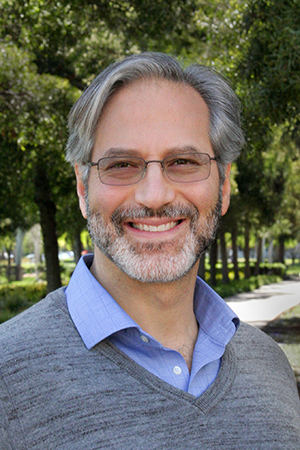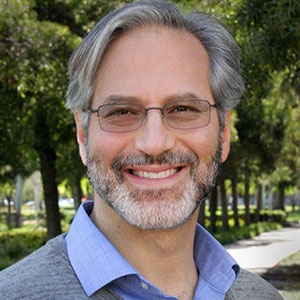
How did you get into learning and development?
I was always interested in three things: people, creativity and problem solving. I came out of school with a degree in business and a degree in computer science. That was mostly my father’s influence, saying, “Get a degree in computer science and you’ll have a job.” And then I was working in Philadelphia for a tech firm, and the blizzard in ’96 happened. There was six feet of snow on my car, and then the backhoe came and put six more feet of snow on my car. I thought, I’m done. I’ve just got to go west. I moved to San Francisco and started exploring options and was still in technology. I moved from tech and did project management, then program management to marketing. I spent three years in marketing and was still trying to find the right combo of people, creativity and problem solving.
Right around 1999, I had a conversation with a friend of mine, an advocate for women’s rights who was always out in D.C., protesting one thing or another. She had so much passion, so much energy. I said, “I love this! You have all this passion and energy! I want that. I want to come into work every day and have that. I don’t know what that is.” She responded, “I see these problems, and I can’t walk away. I can’t not do it; I can’t not engage.”
That got me thinking — maybe I was thinking about passion wrong. I was thinking about passion as this high I was looking for, and instead I started thinking maybe passion is just a lack of apathy, like something you can’t not care about.
She said, “Well, it’s really obvious what you’re passionate about.” I eagerly inquired, “Tell me, tell me.” She said, “You butt into other people’s business.” I responded, “So, I’m a jerk? That’s my passion?” She was like, “No, no, no! You solve their problems. You’re really good at helping people see things differently, looking through new lenses, exploring new options. There’s a whole profession out there that does this, and you get paid for it.”
I had never heard of the field of organization development and organizational psychology. I went and started exploring and got my Ph.D., started working in the field, started making a difference almost 20 years later.
Coming from a computer science background, what do you bring that somebody who grows up inside L&D wouldn’t?
We all bring our full learning experiences to what we do, to our fields, to our professions. I think one of the things I see is the more successful people are, the more they just tap into the diversity of experiences. It may not be career — it may be life; it may be the hobbies you have or the family or the way of relating. I just see so much of people bringing their true, authentic self into it.
An aha for me coming from the field of computer science to the field of learning happened in the late ’90s. Systems thinking was huge. It was all about systems thinking and Pegasus systems and the Peter Senge work that was happening. I was baffled by it; I was like, I don’t understand these systems thinking things people are so excited about. And I went to a bunch of conferences, and it finally dawned on me that systems thinking is the crux and basis on which computer science is taught. You can’t think about how you design the control system for a nuclear power plant control panel and the software without thinking about the system of — if this goes hot, this goes cold. It was just new to learning and development. So for me, that was a thing of, “Oh, there’s a way of thinking that you can just bring in, and there’s so much to integrate from business, to computer science, to finance, to tech.”
I love the “everything I know I learned in kindergarten” idea. I’m constantly learning. My son is seven, and he is so much better at relationships than I am. It’s amazing because we just spent so much time teaching him how to fill other people’s buckets. I was like, “What a concept! Fill people’s buckets!” And it really works. I brought his principles to EA and have better relationships as a result.
Who has been important in how you’ve gotten to where you are and led you in the right direction?
My father was a big influence in my life. He was a lifetime IBMer, so we had an early PC in our home, and I remember playing video games at 14 and him saying, “You know what, you need to stop doing that; you can’t do it for a living.” It was really fun to tell him that I got the job [at EA]. I’ve had great influences. Part of my grad school process [was] when we finished our exams, we needed to get a job. I couldn’t afford to just take a $10 an hour internship, so I reached out to my local network. I did 83 informational interviews, which led to four contracts and two job offers. In that process, I met some of the most amazing professionals and just talked to folks in the field, folks who became mentors who I could tap into and who would share their knowledge and wisdom with me.
















